Over 70% public projects not completed on time
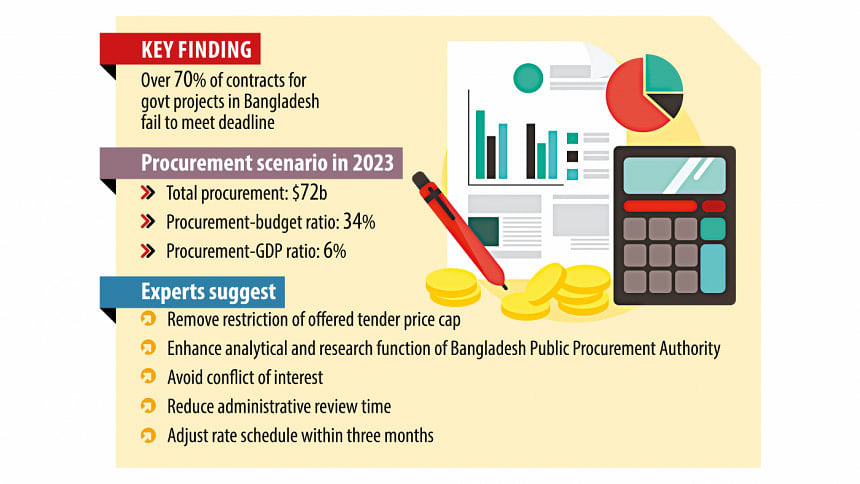
More than 70 percent of all public projects in Bangladesh are not completed on time due to poor management and implementation, according to an expert.
"And due to the time overrun, the contract price increases manifold and hinders development efforts," said Zafrul Islam, a former lead procurement specialist at the World Bank, citing the latest World Bank report on Bangladesh's public procurement system.
Islam was speaking at a seminar on "Governance and Competitiveness in Public Procurement Practices: Bangladesh context", organised by the International Business Forum of Bangladesh (IBFB) in Dhaka yesterday.
"Time is money is almost a lost concept in Bangladesh's public sector," he added.
Islam also said conflict of interest is a major concern in the local public procurement process.
"It arises out of possible informal or undisclosed relationships between public officials and the contracting or consulting industry," he added.
For example, there are instances where public officials or their family members operate businesses that participate in the procurement process of their assigned project.
As per the World Bank's report on corruption in South Asian countries, almost 71 percent of the firms in Bangladesh are expected to give gifts to get an import licence, 42.5 percent to get a construction permit and 42 percent to get government contracts.
The country's annul procurement cost currently stands at $27 billion, or 34 percent of its annual budget and 6 percent of its GDP.
Regarding the open tendering method, Islam said the government should remove the offered tender price cap of 10 percent above or below the estimated cost, which is not disclosed in tender documents.
"The use of a price cap has contributed to reducing competition among bidders increasing the volume of single tenders from 20 percent to 50 percent," Islam said.
He also suggested adjusting the rate schedule every three months to reduce discrepancies between the actual price of inputs compared to the contract price.
Regarding corruption in Bangladesh, Islam said that if it can be decreased by even 1 percent, the government would be able to finance the construction of "2,200 kilometres of roads each year".
SM Khorshed Alam, an advisor to the Bangladesh Association of Construction Industry, urged the government to abolish the clause of awarding tenders to the lowest bidder.
He said the capacity of the prospective awardee should be considered instead of the amount they bid.
Rabiul Alam, former president of the Manufacturer's Association for Transformer and Switchgear, urged the government to remove disparities between local and foreign companies when it comes to the benefits awarded to them, such as tax facilities.
MS Siddiqui, vice president of the IBFB, urged the government to impose uniform tax at all levels, including public imports.
He stressed on the need for competitiveness among bidders to make the procurement process sustainable in the long run.
Mohammed Shoheler Rahman Chowdhury, chief executive officer of the Bangladesh Public Procurement Authority (BPPA), said they want to bring the entire procurement system under the e-GP system.
He said the BPPA has been identifying challenges of procurement and amending them continually.
Rahman also said they will bring down the existing three-step complaint addressing system to one step to make the process simpler.
Md Shahiduzzaman Sarker, the state minister for planning, said the government has introduced the electronic government procurement (e-GP) system to ensure transparency at the very first level of procurement.
"The e-GP has turned the procurement process around," he said, adding that there is much more to be done in terms of transparency and accountability.
Humayun Rashid, president of the IBFB, delivered the welcome speech at the seminar.

 For all latest news, follow The Daily Star's Google News channel.
For all latest news, follow The Daily Star's Google News channel. 

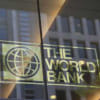

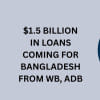
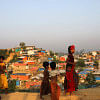
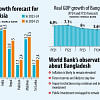


Comments